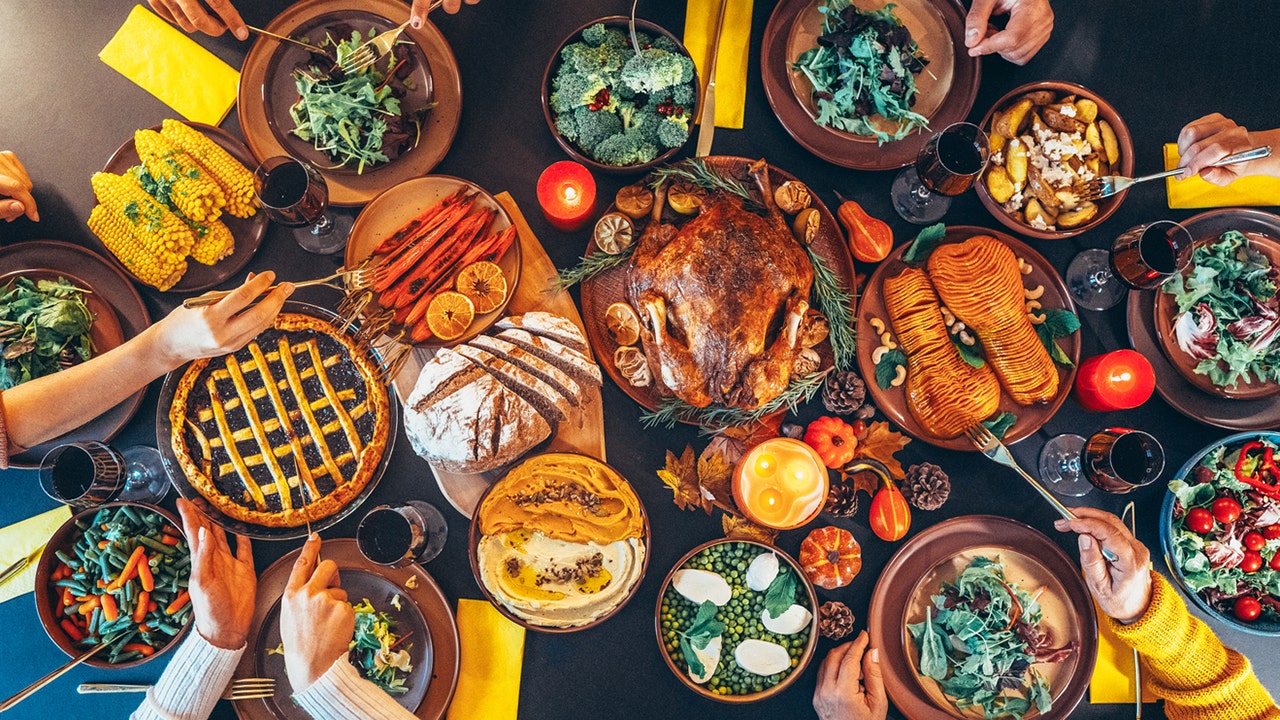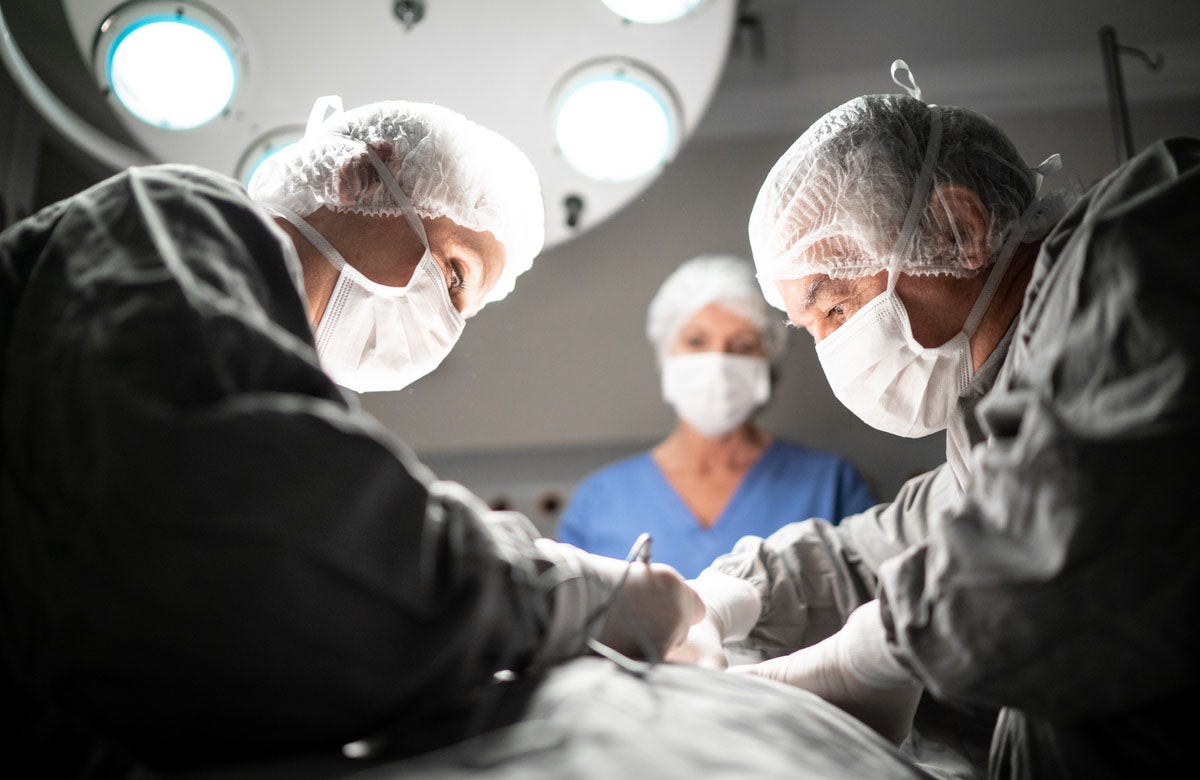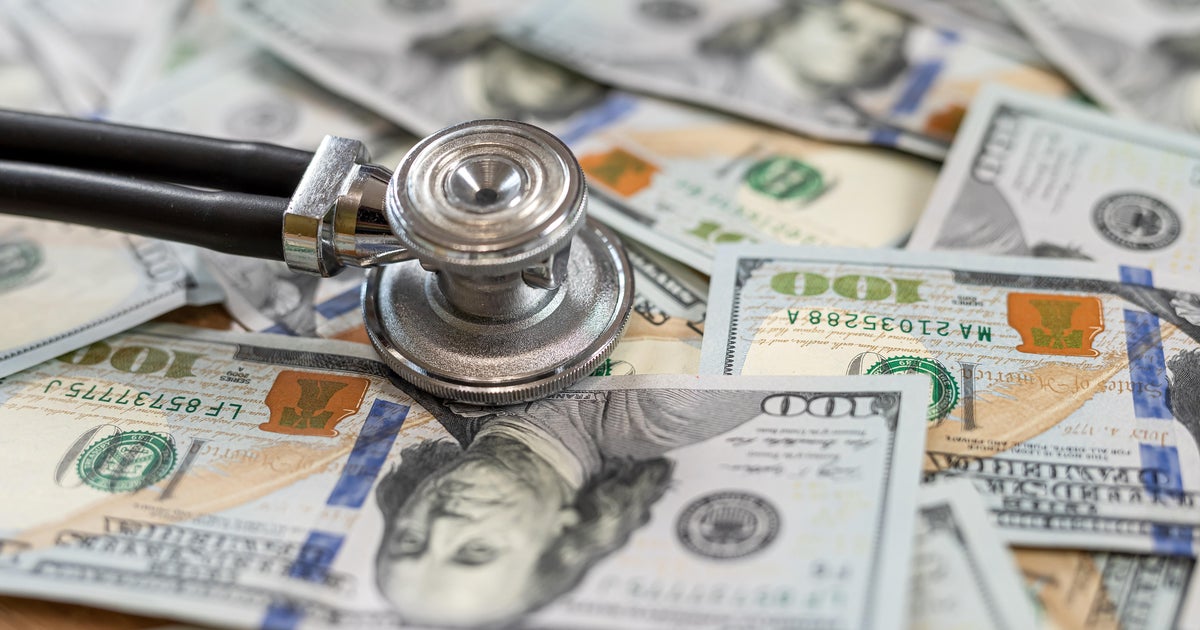Cervical cancer deaths have plunged dramatically among women under age 25, and researchers at MUSC Hollings Cancer Center believe this is likely due to HPV vaccination.
Their study, published in JAMA, is the first to suggest the impact of HPV vaccination on cervical cancer deaths.
"We observed a substantial reduction in mortality -- a 62% drop in cervical cancer deaths over the last decade, likely due to HPV vaccination," said senior author Ashish Deshmukh, Ph.D., co-leader of the Cancer Prevention and Control Research Program at MUSC Hollings Cancer Center. "We cannot think of any other reason that would have contributed to such a marked decline."
The human papillomavirus, or HPV, causes nearly all cases of cervical cancer. The HPV vaccine was introduced in 2006. At first, it was available only to adolescents, but eligibility has since been expanded to include adults up to age 45 in some cases.
Previous studies have looked at the rates of HPV infection, precancer and cervical cancer incidence since the introduction of the vaccine, and all of those indicators have declined. The next logical step was to look at death rates, Deshmukh said.
Although cervical cancer is rare in women under age 25, it does occur. By examining deaths in this age group, researchers were able to see the early impact of the vaccine. Women who were 25 in 2021, the final year included in this study, would have been 10 years old when the vaccine was introduced.
The researchers looked at cervical cancer deaths in three-year blocks of time. Through the 1990s, there were between 50 and 60 cervical cancer deaths nationally in women under the age of 25 in each three-year block of time. During the 2019-2021 time period, there were only 13 deaths.
However, the team sounded an alarm. Healthy People 2030 has a goal of reaching an 80% HPV vaccination rate, but the Centers for Disease Control and Prevention reported earlier this year that only about 60% of 13to 15 year olds have received the recommended doses.
"There has been a decline in HPV vaccination post COVID-19 in the most recent generation of U.S. adolescents. This is troubling as a decline in vaccination uptake would potentially lead to smaller gains," Deshmukh said.

 By Science Daily (Health) | Created at 2024-11-27 20:11:56 | Updated at 2024-11-27 22:36:05
3 hours ago
By Science Daily (Health) | Created at 2024-11-27 20:11:56 | Updated at 2024-11-27 22:36:05
3 hours ago







